The Need for Responsible Corporate Communicators and Why Recognition Matters.
Date: September 2024
Read time: 4 mins
Author: Charlie Martin
In a world where information spreads faster than ever, corporate communicators hold the power to shape public opinion. The stories they tell can make or break a company’s reputation. But with that power comes responsibility. In the realm of environmental, social, and governance (ESG) issues, where transparency is more important than ever, misleading communication can be costly. That’s why businesses need responsible corporate communicators – professionals who are committed to honesty, clarity, and accountability.
The Greenwashing Problem: Why It’s Time for Change
Greenwashing has become all too common. It’s damaging and often leads to public backlash when the truth comes out. Take Volkswagen, for example. The car giant claimed its diesel vehicles were low in emissions, but it was later found they had been rigging tests. The result? A global scandal, costing the company over £25 billion in fines and seriously damaging its reputation.
Greenwashing undermines trust. In today’s marketplace, consumers are savvier, quicker to call out deceit, and more likely to walk away from brands that lie. This makes the role of responsible corporate communicators more vital than ever. Businesses can no longer afford to bluff their way through sustainability claims.
What Does It Mean to Be a Responsible Corporate Communicator?
Being a responsible communicator isn’t just about ticking legal boxes. It’s about being clear, truthful, and proactive in the way you share information. Here’s what it looks like in practice:
1. Truth, The Whole Truth: Don’t exaggerate or hide behind half-truths. If your company claims its products are eco-friendly, make sure this is backed by hard evidence, not just marketing fluff.
2. Crystal Clear: Avoid vague terms like “green” or “eco.” Be specific. For instance, “Our packaging is made from 80% recycled materials” is much clearer and more credible than “Our packaging is eco-friendly.”
3. Own It: Be open about both successes and failures. Unilever, for example, regularly updates the public on its sustainability goals – even when it falls short. This builds trust and credibility with consumers.
4. Proof, Not Promises: Support your claims with evidence, whether it’s through third-party verifications or detailed reports. If you say your business is carbon-neutral, ensure you’ve got credible data to back that up.
Real-World Examples of Responsible Corporate Communication
1. Patagonia – The Gold Standard for Authenticity
Outdoor brand Patagonia is renowned for its responsible communication. The company actively campaigns for environmental causes, often telling customers to buy less. That might seem counterproductive for a retail brand, but it has built Patagonia a fiercely loyal customer base. When Patagonia makes sustainability claims, they’re specific, backed by verifications, and open for scrutiny. Their honesty strengthens their brand and keeps customers coming back.
2. IKEA – Ambition, Backed by Honesty
IKEA has ambitious sustainability goals, like becoming climate-positive by 2030. But unlike some companies, IKEA is transparent about the challenges it faces. In its 2022 Sustainability Report, IKEA admitted it was struggling to reduce supply chain emissions. Instead of hiding these difficulties, IKEA is upfront, detailing how it plans to tackle the issues. That kind of honesty resonates with consumers and reinforces their long-term commitment to change.
3. LEGO – Owning the Challenge
LEGO is another brand that handles its sustainability communications well. The company aims to switch to fully sustainable materials for its iconic bricks by 2030, but it’s been open about the difficulties involved. Rather than making empty promises, LEGO communicates its setbacks alongside its progress, building trust with its customers and stakeholders alike.
Why Being Recognised as a Responsible Communicator Matters
The benefits of being recognised as a responsible communicator are clear:
1. Build Trust and Loyalty
Trust is everything. Consumers, investors, and partners are far more likely to engage with a company they trust. According to Edelman’s Trust Barometer, 86% of people expect CEOs to be open about issues like climate change. Companies that communicate transparently build stronger relationships with their customers and stakeholders, helping them weather any storm.
2. Avoid Legal and Regulatory Issues
Governments are cracking down on false claims, especially around sustainability. For instance, the EU’s Green Claims Directive is designed to penalise companies making misleading environmental statements. Businesses that invest in responsible communication are far less likely to face these costly legal battles.
3. Stand Out in the Crowd
In competitive industries, being recognised as a responsible communicator can set you apart. In fashion, for example, brands like Stella McCartney stand out by prioritising sustainability and transparency, winning over consumers who are looking for more ethical choices.
4. Attract the Right Customers and Talent
Younger generations are more conscious of the brands they support and the companies they work for. A Nielsen survey found that 73% of global consumers are willing to change their buying habits to reduce their environmental impact. Companies that communicate their values clearly not only attract loyal customers but also top talent.
5. Drive Long-Term Growth
Responsible communication doesn’t just help you avoid backlash; it’s also good for business. Patagonia, Unilever, and LEGO are proof that when you communicate openly and honestly, you can grow a business that thrives in the long run.
Conclusion: The Call for Responsible Communication
In a world where businesses are under more scrutiny than ever, responsible communication is essential. Misleading claims are no longer tolerated, and consumers demand transparency. Companies that communicate with clarity, honesty, and accountability will not only survive but thrive.
At The Anti-Greenwash Charter, we support businesses that want to lead with integrity. Through our guidance and verification, we help companies navigate the tricky waters of corporate communication, ensuring they build trust and credibility while avoiding the pitfalls of greenwashing.
Ready to make responsible communication your business standard? Apply to join the Charter today.



